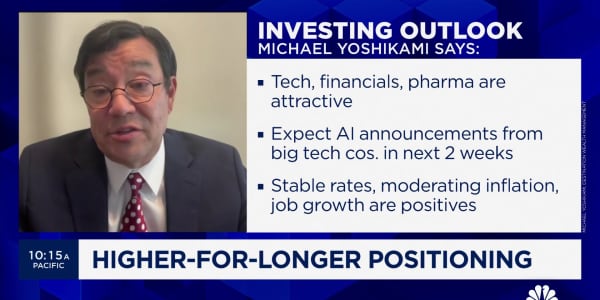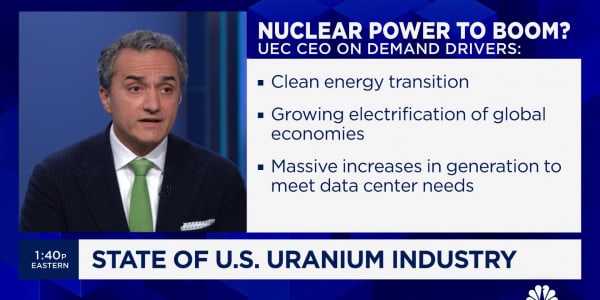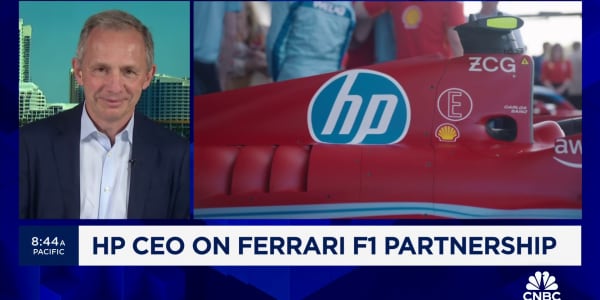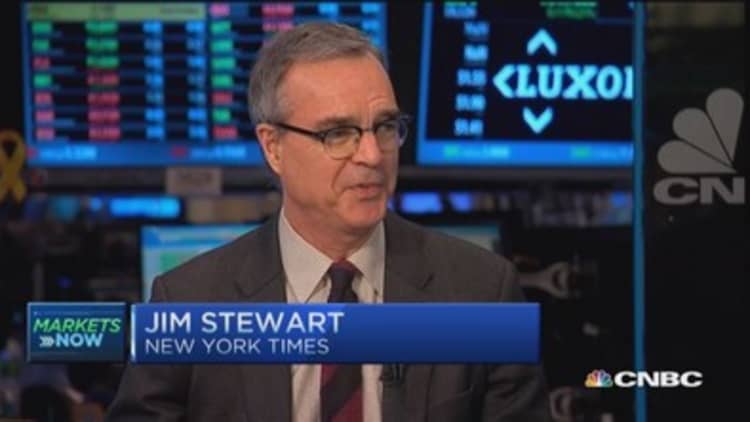
One of Fortress Investment Group's best-known business lines is likely to lose assets after a streak of poor performance. But problems at the relatively small unit come even as the firm is managing more money than ever.
Investors recently requested about $400 million of their money back from the now $3.2 billion Fortress Macro Fund after sharp losses in January, according to a company earnings call Thursday. Those redemptions added to $388 million in outstanding requests made over last year, when the fund also lost money.
But those potential declines come as assets at Fortress hit a record of $67.5 billion at the end of 2014. The firm posted its best full-year earnings since 2007, the year it went public. Fortress added $12 billion in aggregate of new capital for other funds, which include private equity and credit investment vehicles. Fortress managed $29 billion in 2008.
"With strong investor demand for our strategies, major positive developments in some of our largest portfolio investments, and tremendous embedded value both in our funds and on our balance sheet, we have great visibility and optimism about the value we can create," CEO Randy Nardone said in a statement Thursday.
Read MoreJilted hedge funds even more in love with Japan
While it appears that the macro fund is poised to lose about a quarter of its assets, or nearly $800 million, the strategy took in $586 million in new investor cash over 2014, including $195 million in the fourth quarter, according to a person familiar with the situation.
The Fortress fund bets on broad macroeconomic trends and is co-managed by former U.S. Army helicopter pilot and Goldman Sachs partner Mike Novogratz.
The fund lost 1.2 percent net of fees in 2014, hurt over the year by bad stock bets, which were partially offset by gains in currency positions and emerging markets investments, according to a public filing in October (the fund had a net gain on its Brazilian investments, despite Novogratz's incorrect prediction that President Dilma Rousseff would lose her re-election bid in October, according to a person familiar with the situation).
The fund then lost money again in January—partially because of the spike in the value of the Swiss franc, according to the person—and is down about 5.8 percent this year through Feb. 20, according to Fortress statements Thursday.
By comparison, the Absolute Return Macro Index, which tracks similar hedge funds, gained 4.05 percent in 2014 and 2.79 percent in January.
"The damage from a tough January is $400 million in redemption notices," Stu Bohart, co-president of the Fortress "liquid markets" unit that oversees the macro fund, said in an email. "Certainly a good February could lead [limited partners] to cancel some of those notices, and to date, February has been a good month for the Macro fund. A 5 percent hole with 10 months ahead is not a herculean task—it's just a bad start."
Read MoreFortress: Brazil is 'most amazing trading opportunity' this year
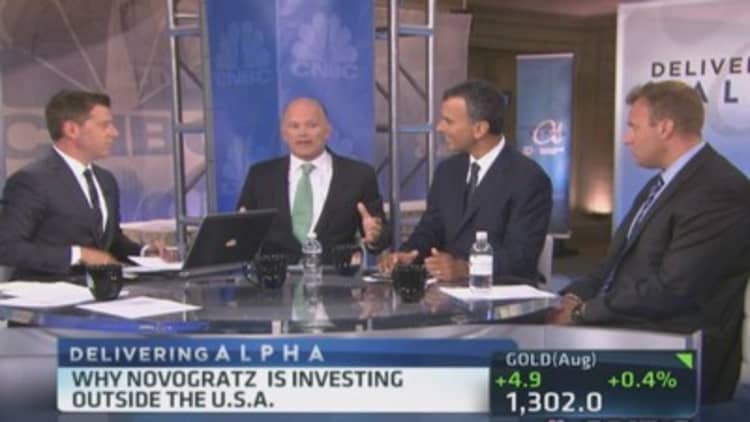
The macro fund is just one piece of Fortress' asset management business. Pretax distributable earnings were $446 million for the firm overall last year; of that, just $22 million came from the entire liquid markets hedge fund business that includes the macro fund (a specific breakdown was not available). That's up from $434 million firmwide and down from $117 million for liquid markets in 2013, according to filings.
The macro funds used to manage far more. Assets peaked at $8.1 billion in 2007, the same year the firm went public, but have hovered between $3 billion and $4.2 billion since 2009, according to figures on Fortress' website.
There have been several major recent personnel changes at the macro fund.
Chief Risk Officer Sherif Sweillam and portfolio manager Tye Schlegelmilch resigned in January, with Sweillam being succeeded by Timothy Durnan. Schlegelmilch was not replaced, according to a person familiar with the situation. Those moves came as Jeff Feig, previously Citigroup's global head of developed markets foreign exchange, was hired in June to co-lead the macro fund with Novogratz.
Fortress also said this week that the macro strategy would do less investing using stocks.
Novogratz remains optimistic.
"Currently in the liquids space, the primary goal is to re-stabilize the Macro Fund and grow assets there. It's a high-margin business," Novogratz said on the call Thursday, according to a Seeking Alpha transcript.
"We've been out to all our investors, have been with them kind of step by step and feel pretty confident that the nadir has been put in," Novogratz added. "This business is pretty straightforward. Our investors are going to want to see performance ... if we do it, I think inflows will start coming back into the main funds."
Fortress' stock has been virtually unchanged since its earnings report Thursday and so far this year.




